 Representatives from 49 African countries have issued a call for a human-centred approach to the future of work, to unleash Africa’s potential for inclusive growth and create a future of work with social justice.
Representatives from 49 African countries have issued a call for a human-centred approach to the future of work, to unleash Africa’s potential for inclusive growth and create a future of work with social justice.
- Making decent work a reality for Africa’s youth, developing skills, technological pathways and productivity for a brighter future in Africa, transforming the informal and rural economy for decent work, respecting international labour standards, promoting social dialogue and gender equality.
- Strengthening the capacities of all people to benefit from the opportunities of a changing world of work.
- Strengthening the efficiency of the institutions of work to ensure adequate protection of all workers.
- Promoting inclusive and sustainable economic development and growth, full and productive freely chosen employment and decent work for all.
- Strengthening synergies between the ILO and institutions in Africa.
The Declaration calls for investment in education and training, tackling gender inequality and discrimination, ensuring rights for youth, extending social protection, supporting the private sector, in creating economic growth and jobs, promoting productivity and technological pathways for decent work, as well as entrepreneurship and social dialogue (including cross-border), among others.
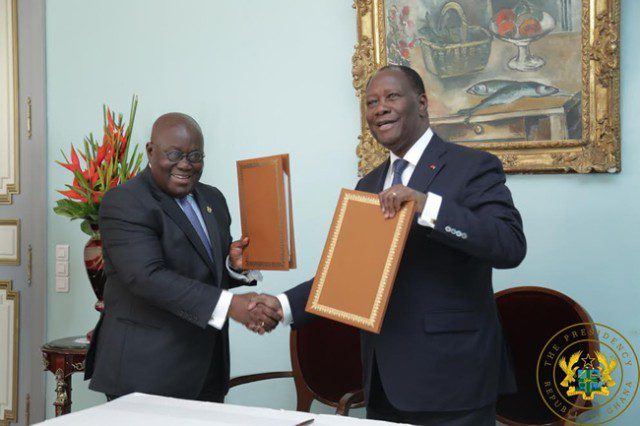 Welcoming the adoption of the Declaration, the ILO’s Director-General, Guy Ryder, told delegates that it provides “the road map to guide our efforts in the years ahead.”
Welcoming the adoption of the Declaration, the ILO’s Director-General, Guy Ryder, told delegates that it provides “the road map to guide our efforts in the years ahead.”
He pointed to its strong alignment to the ILO Centenary Declaration for the Future of work, “with its insistence on the need to invest in strengthening the capacities of people; in the institutions of work; and in inclusive and sustainable development and growth, full and productive freely chosen employment and decent work for all”.
Ryder added that the Meeting had fulfilled its fundamental purpose by “translating the ILO’s Centenary Future of Work Initiative and Declaration into the realities of Africa and providing the necessary guidance for its operationalisation”.
He also spoke of the challenges facing Africa in the future of work, and said he was confident that they could be overcome through a strong tripartite commitment to the principles and values that the Organization has adhered to over the past 100 years.
In his closing speech, the President of the 14th African Regional Meeting, Pascal Abinan, Côte d’Ivoire’s Minister of Employment and Social Protection, said that the world of work in Africa faced important and difficult challenges. “Strong political will and co-ordination will be required.” He highlighted two areas for action: “On the one hand, providing training to our youth to enable them to have access to decent work, and on the other hand the effective implementation of labour standards as they provide answers to issues that continue to arise”.
The meeting was generously co-hosted by the Government of Côte d’Ivoire, which extended a warm Ivorian welcome to all delegates and participants. Vice-President Daniel Kablan Duncan offered insight into the Ivorian economy and labour market during the Presidential Panel on the Future of Work We Want for Africa, which he attended on behalf of President Alassane Ouattara.
Delegates requested the ILO to develop an implementation plan for the Abidjan Declaration, to be presented to the 338th Session of its Governing Body in March 2020, prior to a mid-term review scheduled for 2021.
The ILO is the United Nations specialized agency dealing with work-related issues. The 14th AFRM was attended by close to 400 participants – including 41 ministers – representing governments, workers’ and employers’ organizations. The meeting took place in Abidjan, Côte d’Ivoire, from 3 to 6 December 2019.

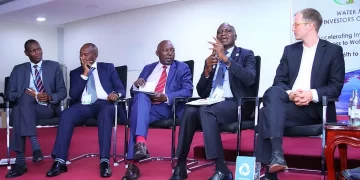








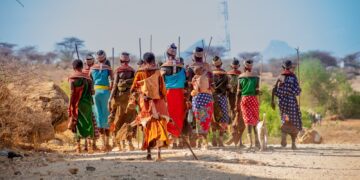
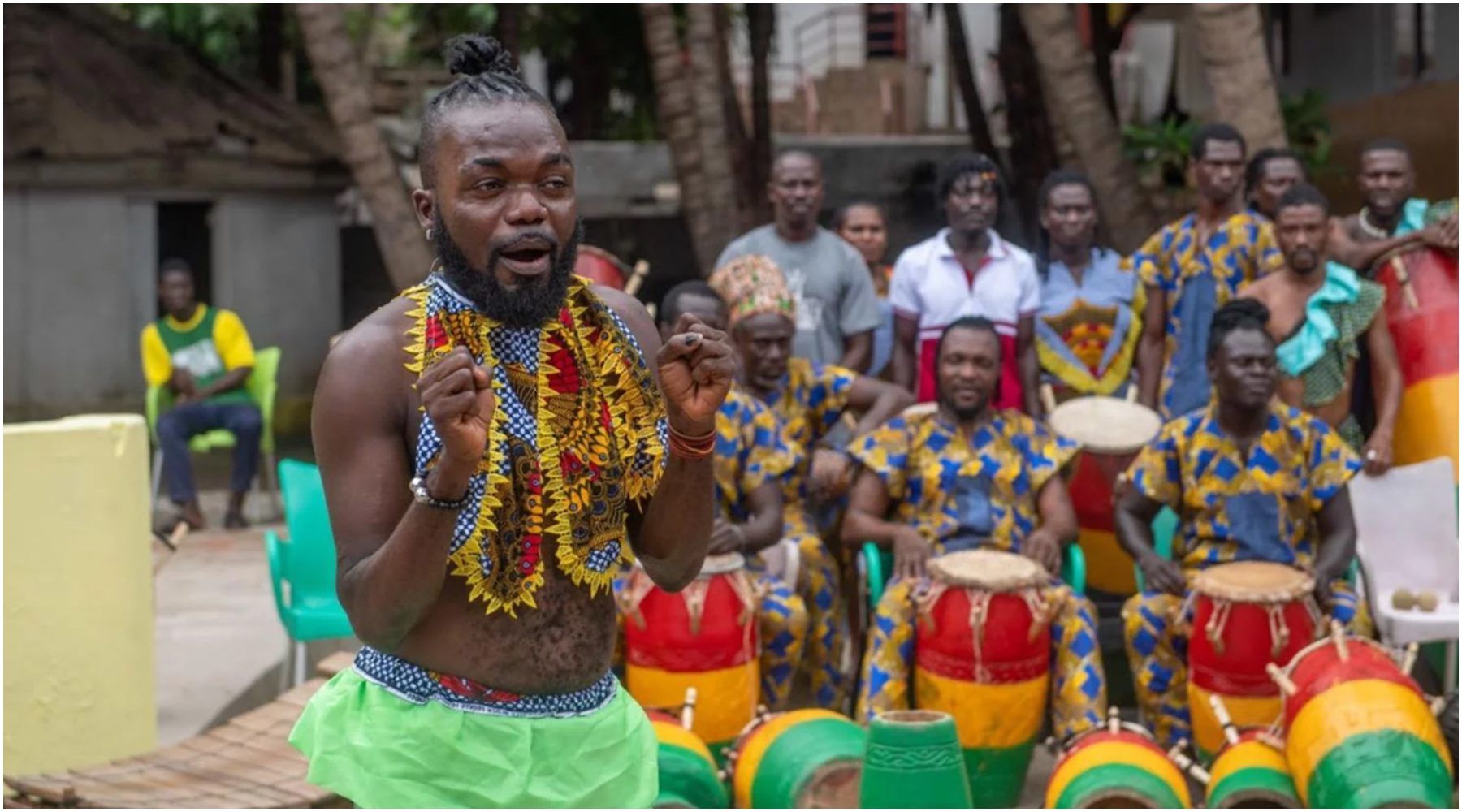







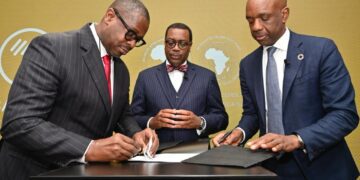


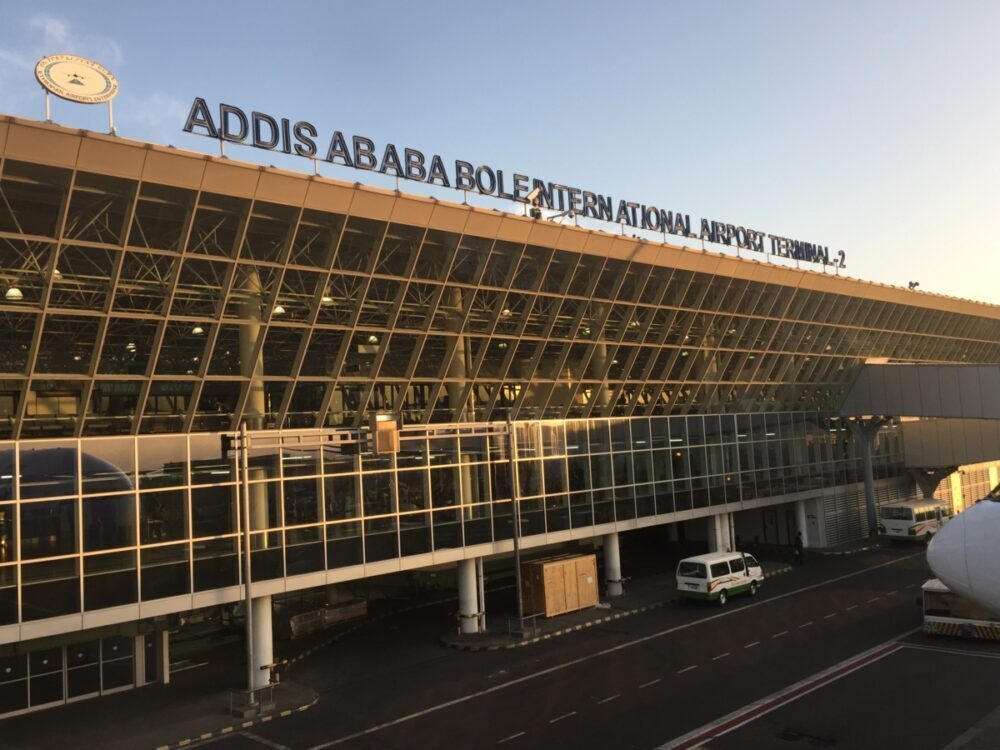











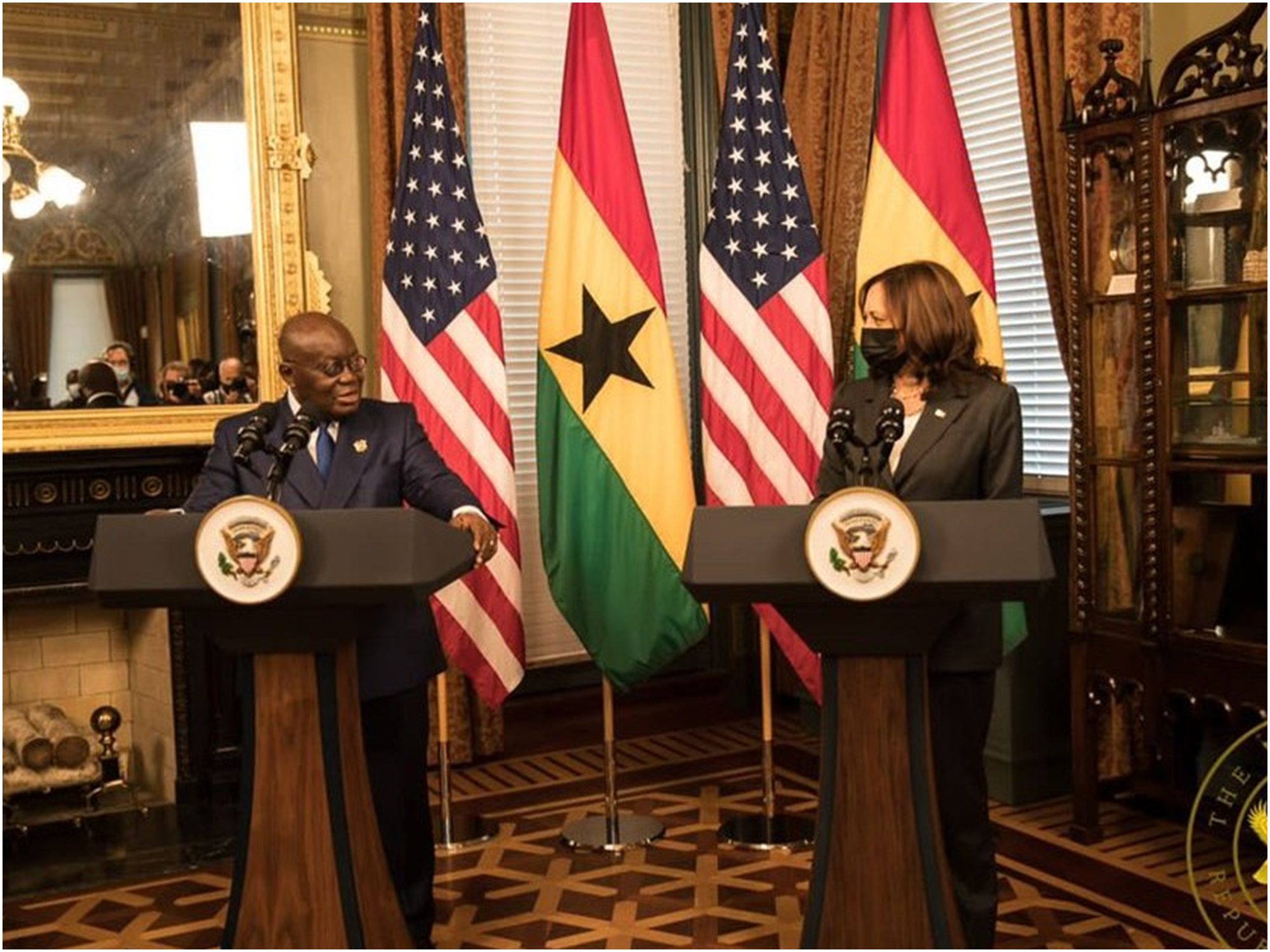
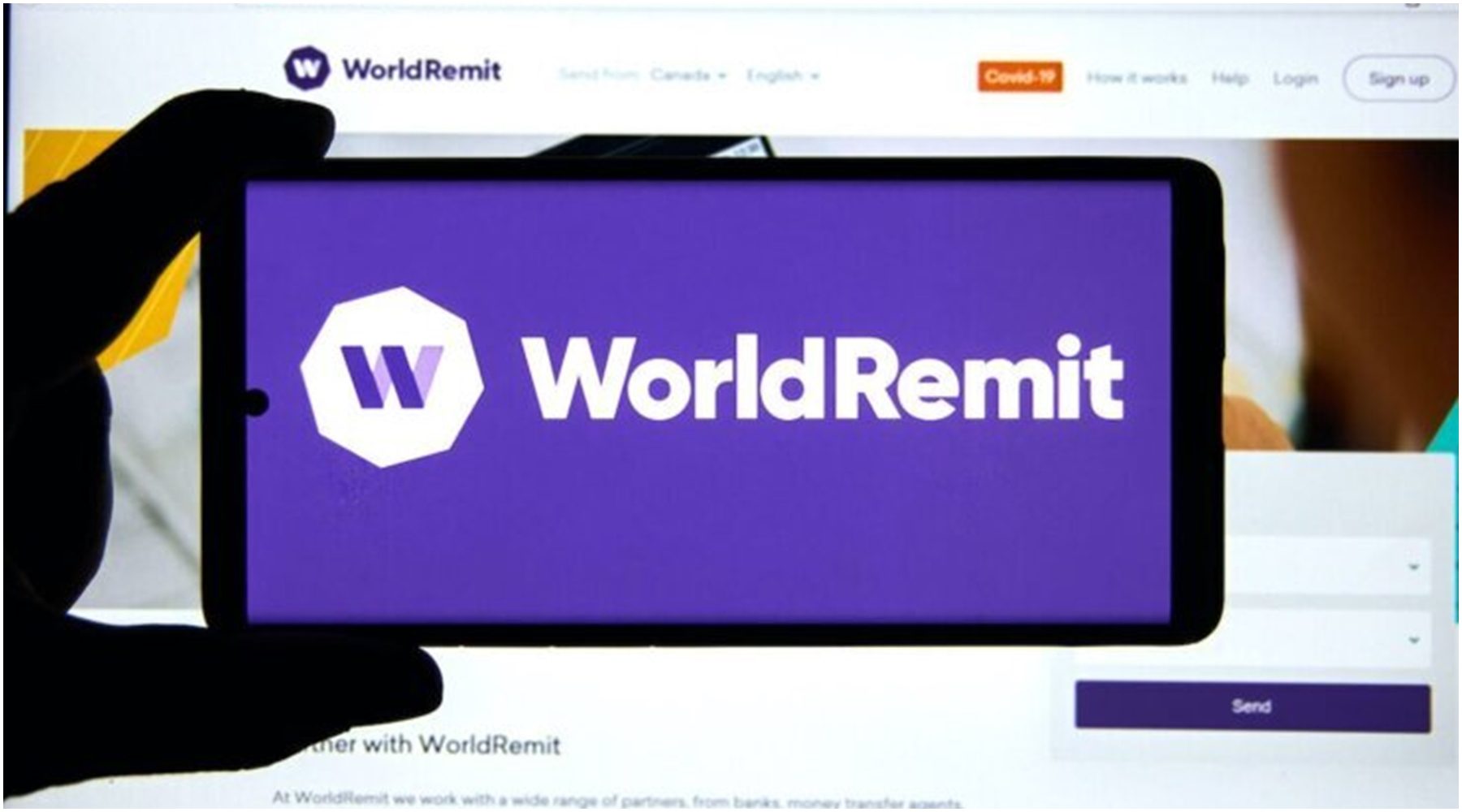










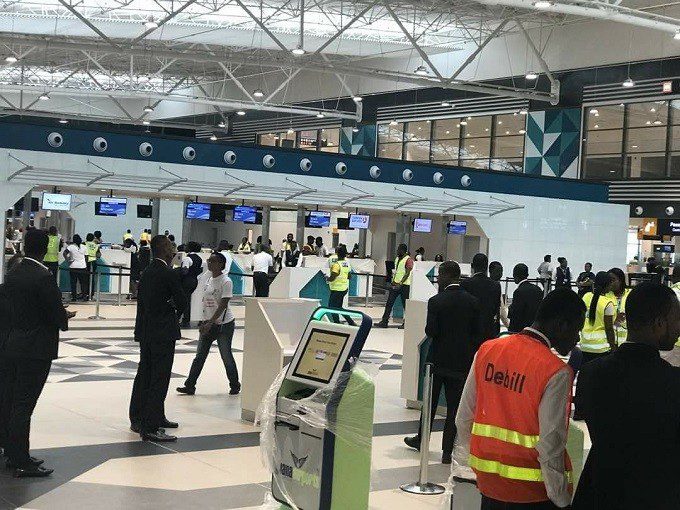









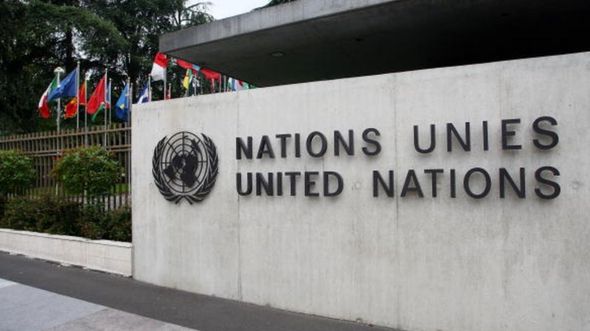



Discussion about this post